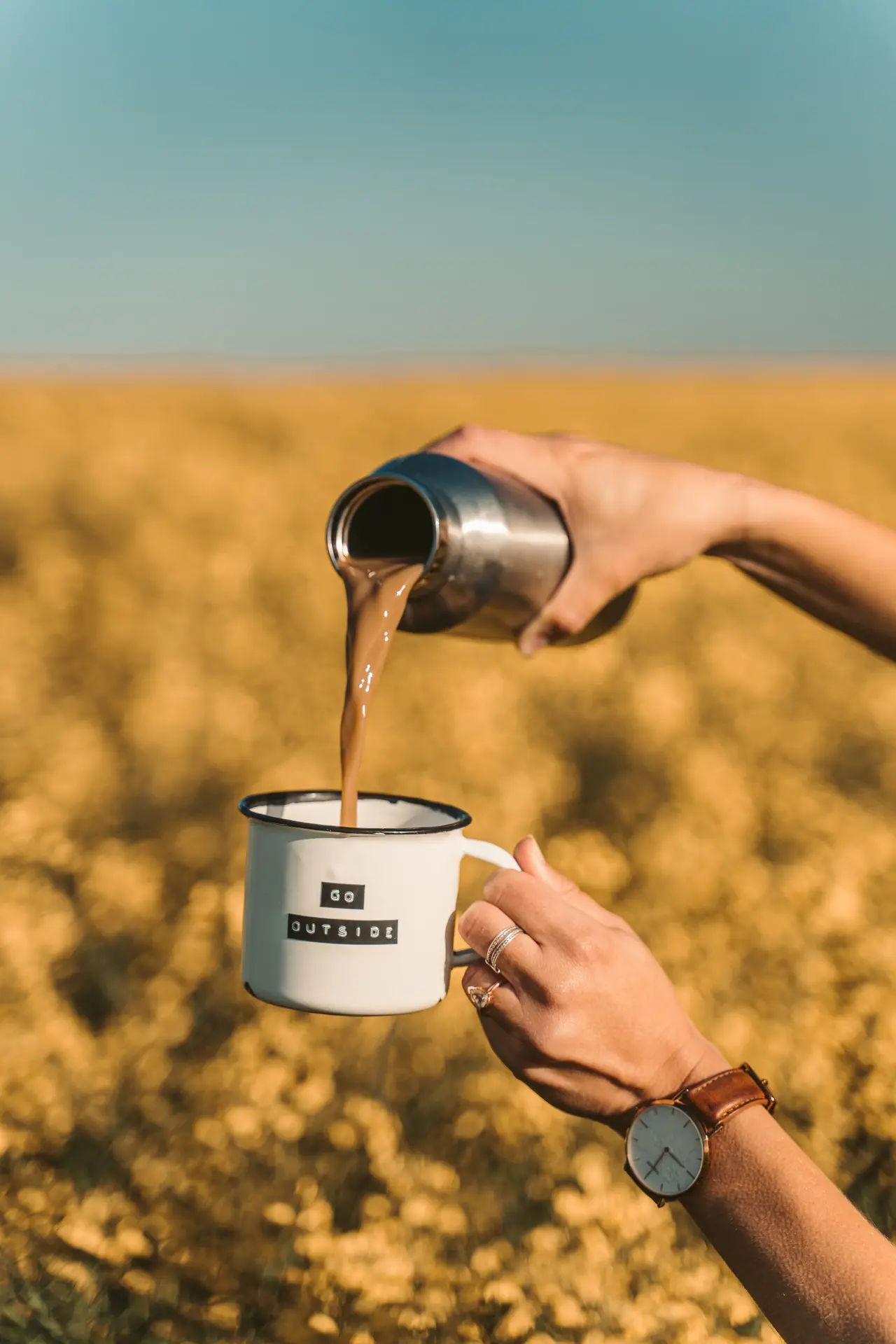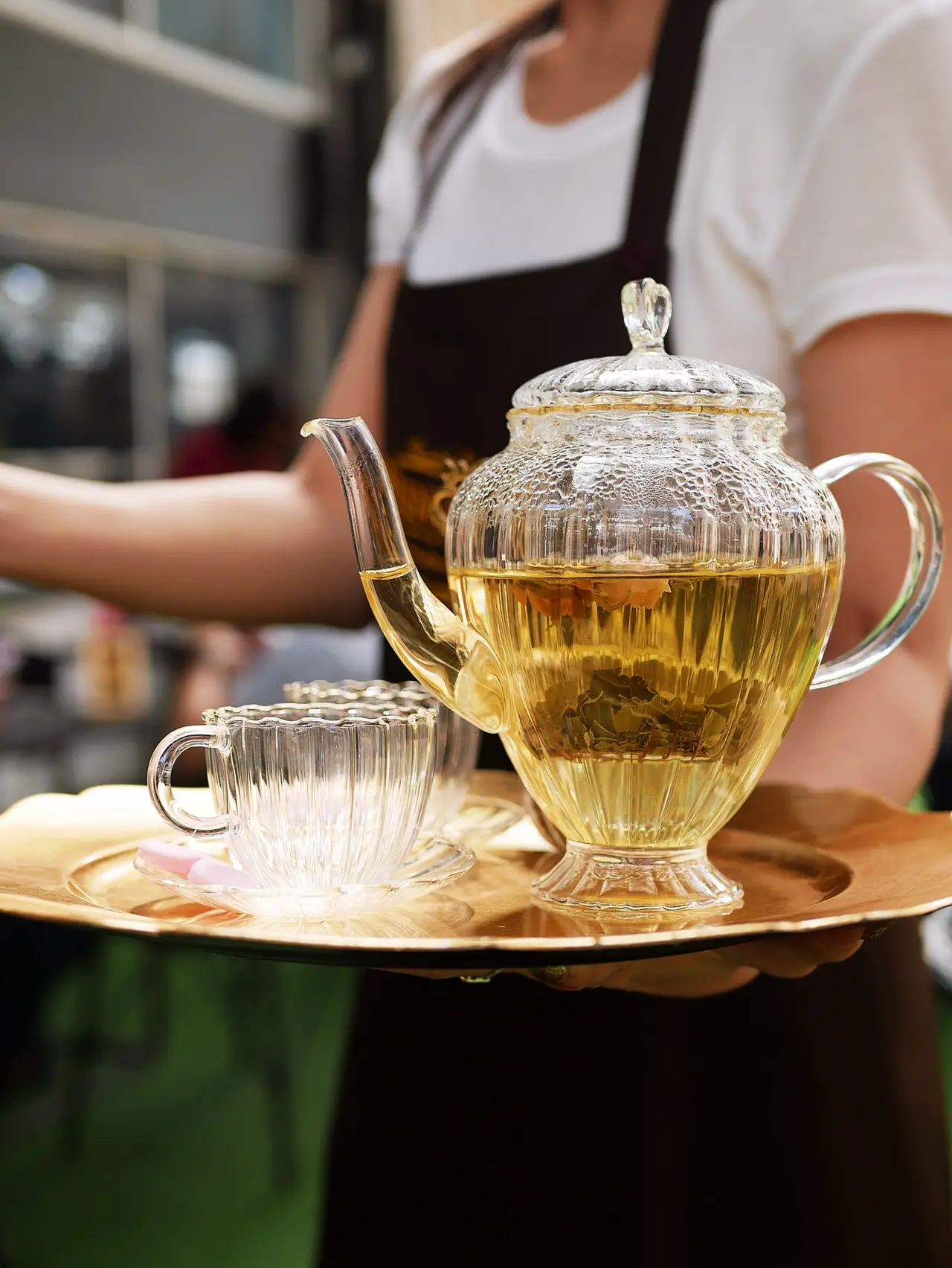Anxiety is a regular aspect of life. It’s an inevitable consequence that comes with living in a hectic world.

Anxiety isn’t always negative, however. It alerts you to risks, prompts you to remain organized and ready, and aids in calculating the potential risks. If anxiety turns into an everyday occurrence, act before it escalates.
Anxiety that is not controlled can significantly affect your life quality. Make sure you are in control by implementing these suggestions below.
Table of Contents
What is anxiety?
Anxiety is the body’s normal reaction to stress. It’s a feeling of anxiety or anxiety that may result from various factors believed by researchers to be attributed to genetics, environmental to brain chemical changes.
The most common signs of anxiety can be found in:
- an increase in heart rate
- rapid breathing
- insanity
- difficulty in focusing
However, it’s essential to remember that anxiety can manifest in various ways for different individuals. One person might feel uneasy inside their stomachs, and another person could suffer from nightmares, panic attacks, or even painful thoughts.
In that regard, there’s a distinct difference between normal anxiety and anxiety disorders. Being anxious about something unfamiliar or worrying about something is an issue. However, if it reaches an extreme or uncontrollable level and then begins to impact your daily life negatively, it could be an illness.
Anxiety disorders can include:
- panic disorder
- Post-traumatic Stress Disorder (PTSD)
- obsessive-compulsive disorder (OCD)
- anxiety about separation
- anxiety over illness
- Fear
- GAD, or generalized anxiety disorder (GAD)
- Social anxiety disorder
What can I do to help with an anxiety disorder?
The treatment for anxiety can take place in various methods. A standard option for treatment involves CBT, or cognitive behavior therapy (CBT), which gives people the techniques to manage the anxiety that arises.
There is also specific medication, such as antidepressants or sedatives, which stabilize brain chemistry and avoid anxiety-related episodes. They could even prevent the most severe signs.
However, if you’re trying to find a more leisurely route, there are many ways to help you fight anxiety.
It is possible to change routines like sleeping, exercise, and eating habits. It is also possible to explore something completely different, such as meditation or aromatherapy. Whatever your daily routine requires, there’s a natural solution to ease anxiety for all.
Ten natural solutions to ease anxiety
1. Keep active
Regular exercise doesn’t only benefit your physical health. It can be highly beneficial for your mental health and also.
A 2013 study by the Trusted Source discovered that those who suffer from anxiety disorders who reported an increased level of physical activity were more safeguarded against developing anxiety symptoms.
This can be due to various reasons. It can help divert your attention away from what’s creating anxiety.
Inducing your heart to beat can also alter brain chemical structure to allow anti-anxiety neurochemicals. Examples include:
- serotonin
- Gamma-aminobutyric Acid (GABA)
- The brain-derived neurotrophic protein (BDNF)
- endocannabinoids
As per the American Psychological Association (APA), regular exercises can boost focus and willpower to ease anxiety-related issues.
Regarding what kind of exercise to do, it is more of a preference for each individual. If you’re trying to raise your heart rate, it’s a good idea to try a class in HIIT (high-intensity interval training), or running is the best option.
However, if you’re hoping to begin your journey by doing something a bit less impactful, exercises like Pilates and yoga may be equally beneficial to your mental health.
2. Avoid the alcohol
Drinking alcohol could help ease the pain initially because it’s an effective natural sedative. But, researchTrusted Source indicates a connection to anxiety and drinking alcohol, including anxiety disorder and alcohol-related disorder (AUD) that go hand-in-hand.
A 2017 review published by Trusted Source, which examined various studies, found that reducing alcohol consumption can help with depression and anxiety.
Drinking can heavily affect your neurotransmitters’ balance which could be the reason for a positive mental state. This imbalance causes an imbalance, which can cause certain signs of anxiety.
stress can increase temporarily during the initial phase of sobriety, but it can be improved long-term.
Alcohol is also known to be proven to alter the body’s natural capacity to rest by affecting sleep homeostasis. As we’ll be able to see, a restful night’s rest is extremely beneficial in reducing anxiety.
3. Consider quitting smoking cigarettes
Smokers frequently reach for cigarettes during times of stress. However, just like drinking alcohol, smoking when stressed is an easy solution that can increase anxiety with time.
The Research has demonstrated how the earlier you begin smoking cigarettes, the greater your chance of developing stress disorders later. The research also suggests that nicotine and other chemicals found in cigarettes alter the ways in your brain that are linked to anxiety.
If you’re considering quitting, there are a lot of different methods to begin. According to the Centers for Disease Control and Prevention (CDC), suggests finding a secure alternative to cigarettes, like toothpicks.
It is also possible to engage in practices that could cause you to lose focus to create a conducive setting to a smoking-free lifestyle. In addition, you can make plans with your support group, which will give you everything from motivation to distractions.
4. Limit caffeine intake

If you’re suffering from an anxiety problem, regular coffee is not your best friend. Caffeine can trigger nervousness and jitters. Neither of which is suitable for those who are stressed.
Studies have proven that caffeine can trigger or worsen anxiety disorders. It can also trigger panic attacks for those who have panic disorder. For certain people, the elimination of caffeine can significantly improve anxiety symptoms.
Like alcohol, the two are often connected because of caffeine’s capability to alter the brain’s chemical chemistry.
For instance, the 2008 study conducted by Trusted Source revealed that caffeine boosts alertness by blocking the chemical in the brain called adenosine, which is why you feel tired. Simultaneously, it triggers the release of adrenalin.
All that said, a moderate intake of caffeine is considered safe for most people.
If, however, you’re looking to decrease or eliminate caffeine, then you should begin slowing down how much caffeine you consume every day.
Replace the drinks you drink with water to quench your thirst. This is not just satisfying your body’s desire to drink water; however, it will assist in eliminating caffeine from your body and ensure that you are well-hydrated.
Reducing your caffeine intake gradually over several weeks will help you adjust to the habit without experiencing withdrawal.
5. It is essential to get the best night’s sleep
It has been demonstrated repeatedly to be an essential component of maintaining good mental health.
Even though a survey conducted in 2012 revealed that almost three-quarters of people sleep less than 6 hours of sleep each night, according to the Trusted Source, adults sleep from seven to nine hours rest each day.
It is possible to make eyeshot your top priority by:
- just sleeping in the night because you’re exhausted
- Do not read or watch television while in bed
- Not using your phone, tablet, or computer while you’re in the bed
- refrain from tossing and turning your bed or moving to a different room if you aren’t sleeping.
- Beware of caffeine, large meals, and smoking cigarettes before going to bed
- Make sure that your space is dark and cool
- Noting your worries down before going to sleep
- sleeping at the same hour each night
6. Try mindfulness meditation and mindfulness exercises.
The main aim of meditation is to be fully aware of the present, noticing every thought without judgment. This could lead to feelings of peace and peace through a greater capacity to be mindfully tolerant of every thought and emotion.
Meditation can reduce anxiety and stress. It is an essential aspect of CBT.
Research by John Hopkins suggests that 30 minutes of daily meditation could alleviate specific anxiety-related symptoms and work as an antidepressant.
How to be meditative
There are nine popular kinds of meditation:
- mindfulness meditation
- Spiritual meditation
- Meditation with a focus
- Movement meditation
- mantra meditation
- Meditation that transcends time
- progressive relaxation
- Love-kindness meditation
- visualization meditation
Meditation with mindfulness is the most well-known type. To meditate mindfully, you should shut your eyes, take a deep breath, and observe your thoughts while they move through your head. It is not a time to judge or get engaged with them. Instead, you watch them and keep a record for any pattern.
7. A balanced diet is essential.
Blood sugar levels that are low and dehydration, or chemical compounds in processed food items, such as artificial flavors, artificial coloring, and preservatives, can cause mood changes in specific individuals. A diet high in sugar can affect the temperament of a person.
If you feel anxious after eating, you should review what you eat. Keep hydrated, stay away from processed foods, and consume healthy, balanced meals rich in complex carbohydrates, vegetables, fruits, and lean protein.
8. Deep breathing exercises are a good practice.
Fast, shallow breathing is typical of anxiety. It could cause rapid heart rate and dizziness, lightheadedness, or even panic attacks.
Exercising deep breaths -The deliberate act of taking long, steady deep breaths can aid in restoring regular breathing patterns and decreasing anxiety.
9. Try Aromatherapy
Aromatherapy is an all-encompassing healing method that people have practiced for hundreds of years. It utilizes natural plants and essential oils to enhance the health and wellbeing of the body, mind, and soul. It aims to improve physical as well as emotional well-being.
The essential oils derived from botanical extracts could be inhaled straight or added to an ice bath or diffuser. The use of aromatherapy is recommended for:
- assist you in relaxing
- assist you in sleeping
- to boost mood
- decrease the heart’s rate as well as blood pressure.
A few vital oils thought to help ease anxiety include:
- Bergamot
- lavender
- Clary Sage
- grapefruit
- ylang ylang
10. Take a cup of Chamomile tea

The tea chamomile is an all-natural remedy that can relax stressed nerves and help promote sleep.
A 2014 study conducted by Trusted Source found that chamomile could be an effective ally against GAD. The study showed that people who consumed German capsules of chamomile (220 milligrams to up to five times per day) were more likely to see a reduction in the scores of tests that measure anxious symptoms than the people given a placebo.
Another research study in 2005 discovered that chamomile extract made sleep-deprived rats fall asleep. Research suggests that the tea could be a benzodiazepine-like substance, binding to benzodiazepine receptors and having a hypnotic effect similar to benzodiazepine.
Takeaway
If you’re anxious, these suggestions may assist in relaxing.
Be aware that home remedies can aid in easing anxieties; however, they can’t take the place of professional assistance. The increased stress could require treatment or prescription medications. Consult your doctor about your concerns.


1 comment
[…] depression and anxiety is possible with help. The newsletter provides helpful tips from our experts and compassionate […]